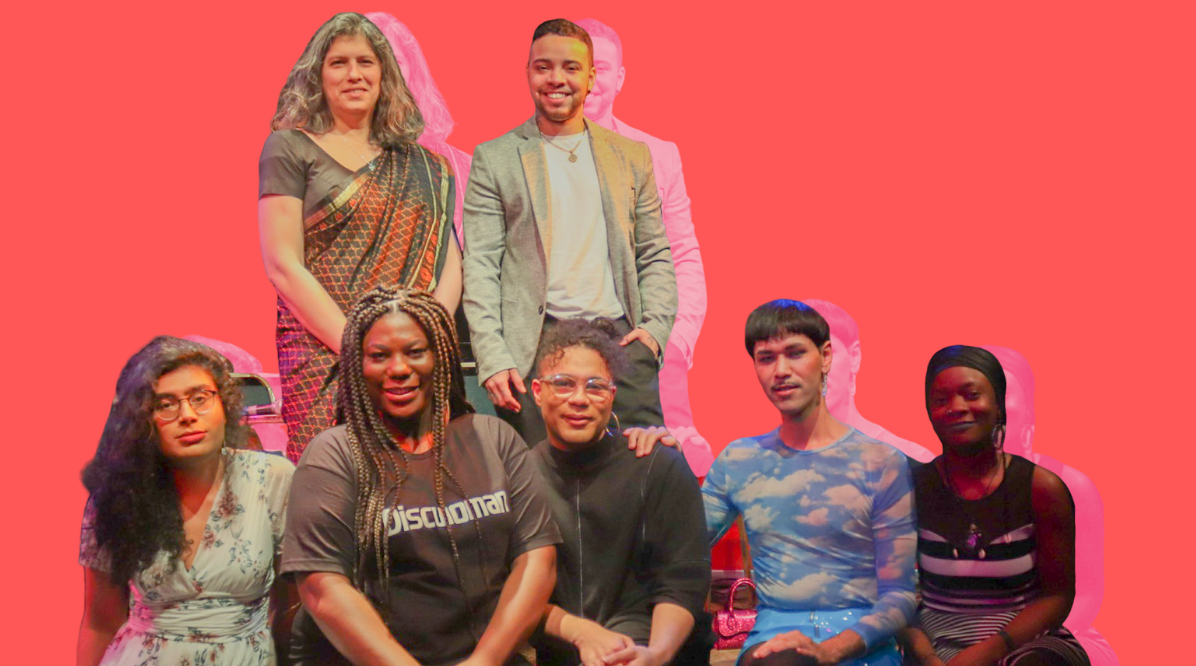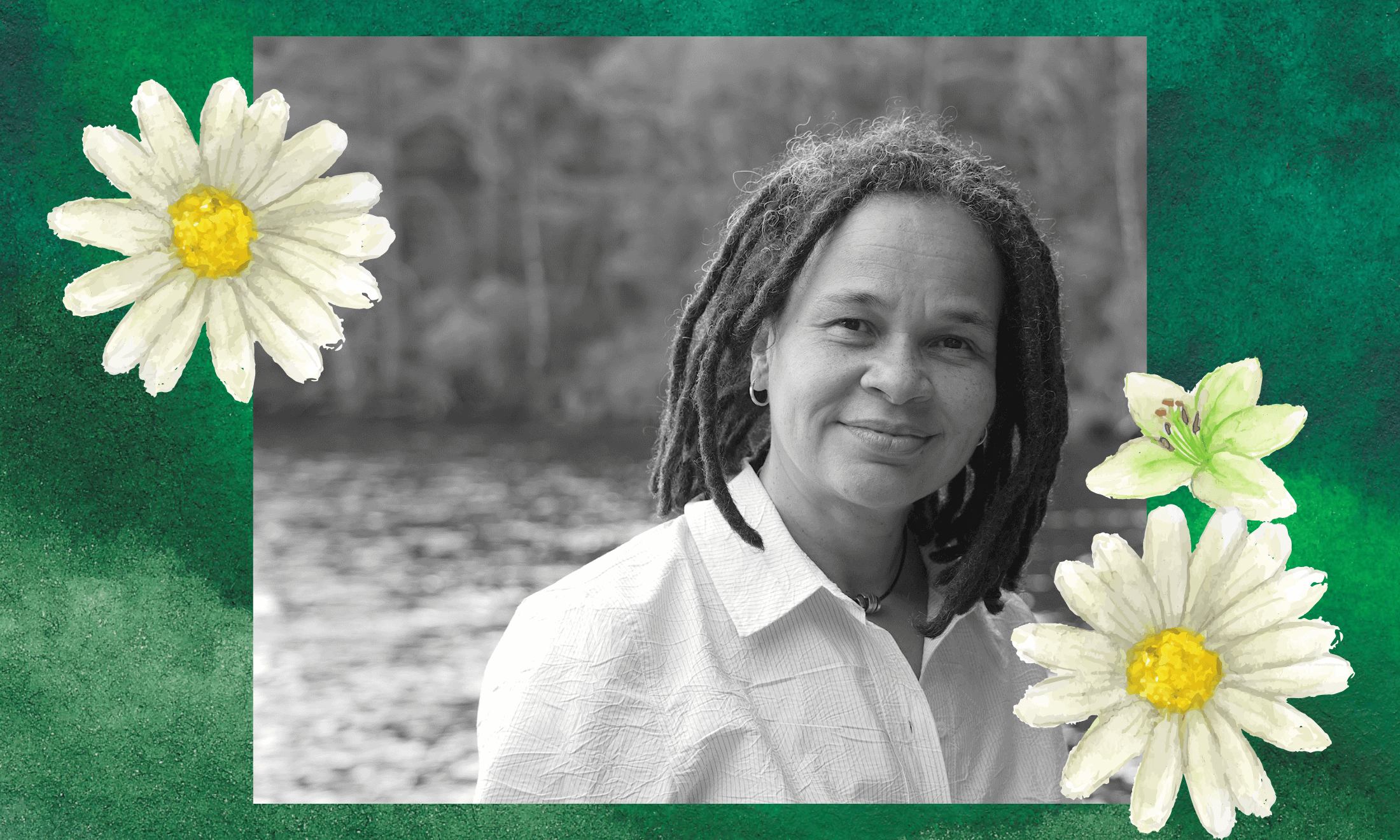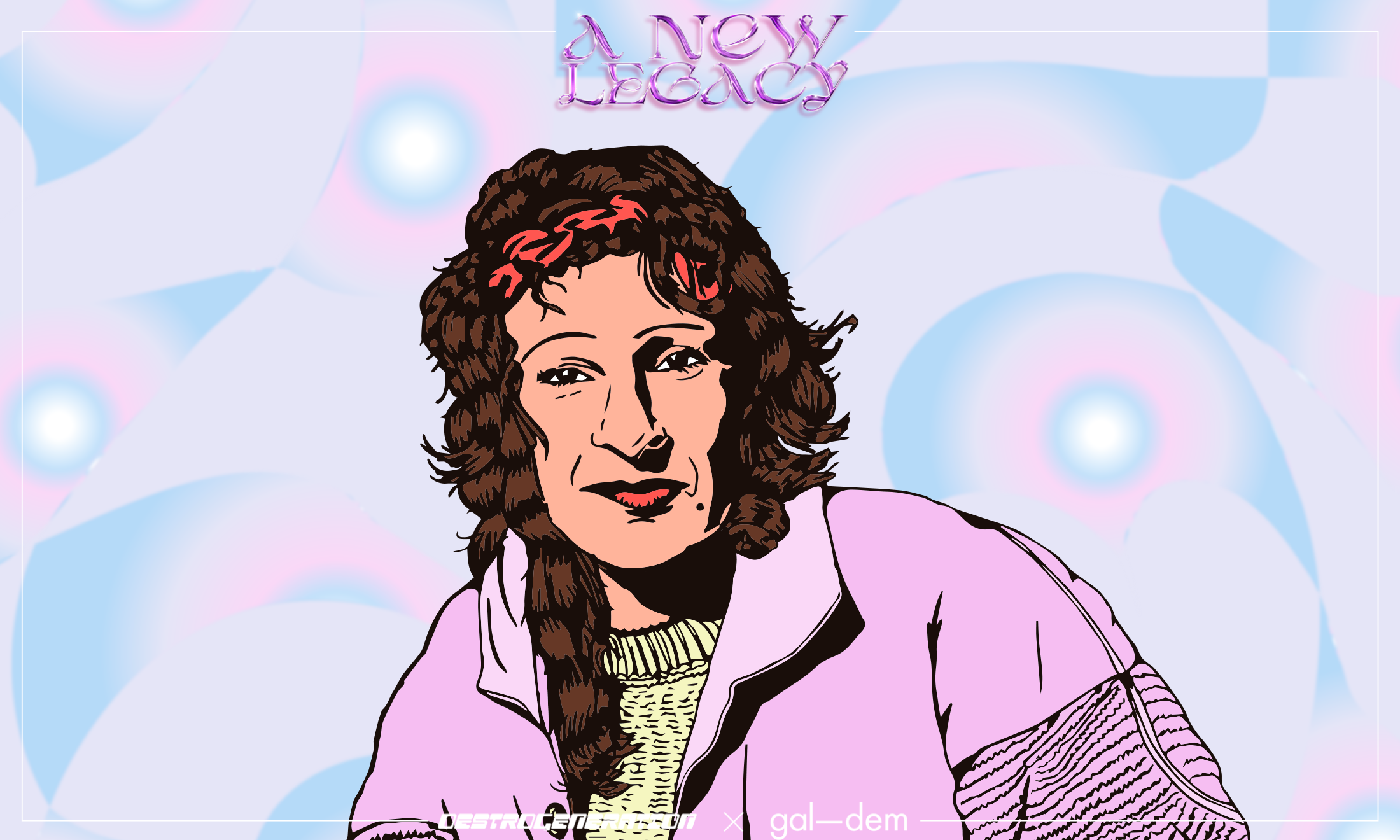
Photography by Mae Kabore
What happened when seven trans people of colour were given space to chat shit
Stonewall's latest Roundtable was a unique event led by trans people of colour from across the creative industries.
Photography by Mae Kabore
Radam Ridwan
28 Feb 2020
As trans people of colour, we often believe we aren’t worthy of taking up space. We’re repeatedly told we’re too proud, too loud, too alive. Spaces aren’t created for us. We must bust them open with primal screams and clenched fists.
But, on an overcast Friday evening in London, something rather remarkable happened – seven transgender people of colour gathered to hang out and chat shit. This was the setting for the first in Stonewall’s new Roundtable series, where the LGBTQIA+ community’s most pressing topics are to be discussed…at a table (yes, it was round).
I’ve spoken publicly about “pressing LGBTQIA+ issues” before but my inclusion is usually tokenistic for a primarily cis and white audience. I’m often the sole representative of all my intersections (race, gender, sexuality), expected to summarise millions of histories into seven minutes.
The discussion during this roundtable felt different. Almost 100 people (largely trans and/or people of colour) filled the room. The conversation revolved around solutions made from problems. Healing made through pain. Spaces made with love. We are all very aware of the shit trans people of colour go through, now how do we get through it?
Featuring hair stylist and organiser Tobi Adebajo, performer and writer Travis Alabanza, campaigner and model Kenny Ethan Jones, activist Mridul Wadhma, graphic designer and programmer Shash Appan and hosted by writer KUCHENGA, our lived experience allowed for a greater depth of narrative. Here’s what we discussed:
Umbrella terms and labels
“Umbrella terms” was the first topic that came up, during which Tobi compellingly detailed the duplicitous nature of the QTPOC label. Terms such as this have been historically necessary to combine forces against white supremacy but fail to address issues that intersect the various racial groups considered “people of colour”. For example, global anti-blackness including within communities considered PoC can be overlooked if not examined separately from conversations around white supremacy.
Importance of physical space
Trans people of colour haven’t been granted intergenerational wealth as a community, so finding stable environments and buildings to house support for us remains a challenge we must overcome. There’s plenty of evidence which points towards us experiencing high levels of poverty and unemployment. Mridul Wadhwa talked powerfully about the importance of physical space to healing, pointing to the critical nature of in-person rape crisis support centres for survivors to begin healing from trauma.
Questioning who visibility is for
An increase in TPoC-featured television (such as the leading cast of Pose and Laverne Cox in various roles) has been important for increasing visibility, however is largely centred in an American context and sensationalised for an American audience. Shash discussed the lack of awareness of Indian trans women’s histories particularly in Western media, and the need for stories to be told by these people themselves to avoid whitewashing colonialism’s lingering effect on India.
Limits of representation
Being represented is critical to gaining power but the amount is constrained if only ever viewed and defined externally by our transness. Kenny Ethan Jones broke down the limits of being typecast as a trans model, linking the pitfalls of representation back to those of umbrella terms.
Institutional inclusion
Inclusion is ultimately futile unless it’s felt from the top-down. At the moment, we are still fighting for workers’ rights. Travis Alabanza pressed on the need for institutions such as Stonewall to place black trans people in decision-making positions.
***
Claps and deep breaths were followed by Kuchenga’s powerful tone, capping off the roundtable. Twelve minutes and 30 seconds of networking later, I covered my skirt with a floor-length jacket for the tumultuous tube ride home. Finally in my safe space (in bed with a glass of wine), I let out a prodigious sigh. Being a trans person of colour is hard. Unveiling layers of trauma is exhausting. Nevertheless, the roundtable served to affirm my space among the world. One I am continually told I don’t fit into, am too large for.
We naturally seek approval, reassurance, support from the majority, those traditionally given power. This evening showed me that strength emitted from a group of trans people of colour — with large hearts and a fire in the belly — is a source like no other. Community is especially important to us. Perpetually let down by institutions because of a sticky combination of transphobia and racism, the help we need often comes in unconventional forms.
Something you should know about space is that it’s not static. It expands as much as it is allowed to. And the more space you are allowed, the more space you can create. The word – SPACE – will always rocket around my mind. Now I know how to use it for fuel.
@radamridwan is a writer and creator based in London









